Forus Athletic Shoes
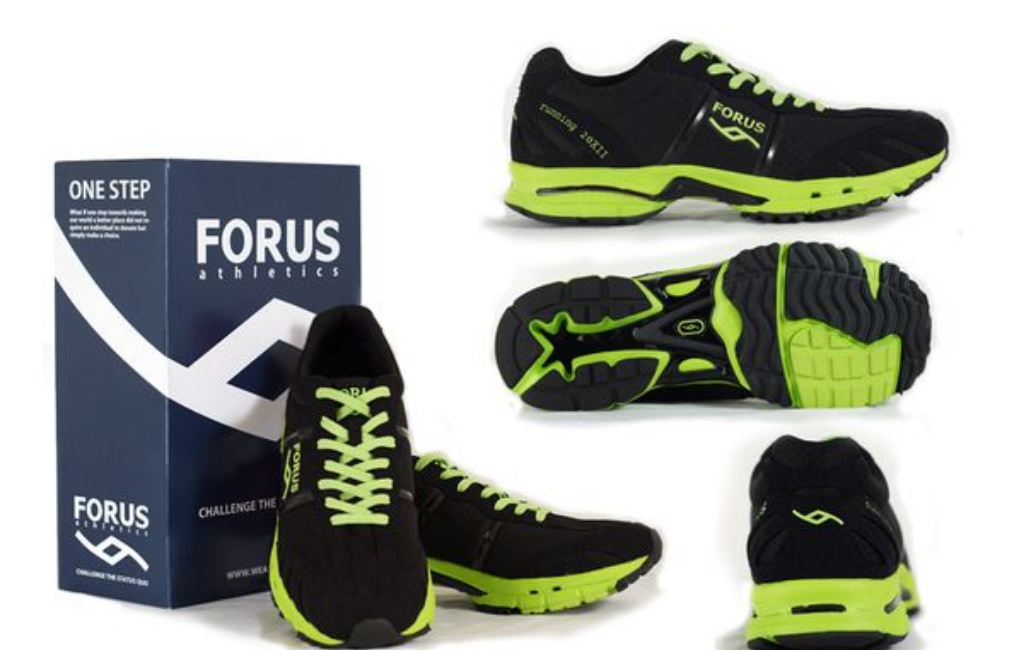
NO DEAL
EPISODE SUMMARY
🕓 Air Date: April 10, 2015
Asking For:
$200,000 for 15%
Investor:
No Deal
Deal:
No Deal
PRODUCT SUMMARY
Forus offers the most comfortable and shock-absorbent athletic shoes, designed with a focus on lightness and stability.
WATCH HERE
IN A RUSH?
Click these to jump to the section you want to read.
Background Story
Joel Vinocur and Arsene Millogo, the founders of Forus, brought a unique blend of personal experiences and athletic background to their venture. Joel, originally from Cote d’Ivoire, West Africa, embarked on a challenging journey that significantly influenced the creation of Forus. Fleeing from the war in his homeland, he arrived in the United States on a track-and-field scholarship. Joel’s motivation to develop Forus stemmed from his firsthand experience as a track athlete. During his track career, he encountered issues with the thin and quickly-worn-out shoe inserts provided with the shoes they used.
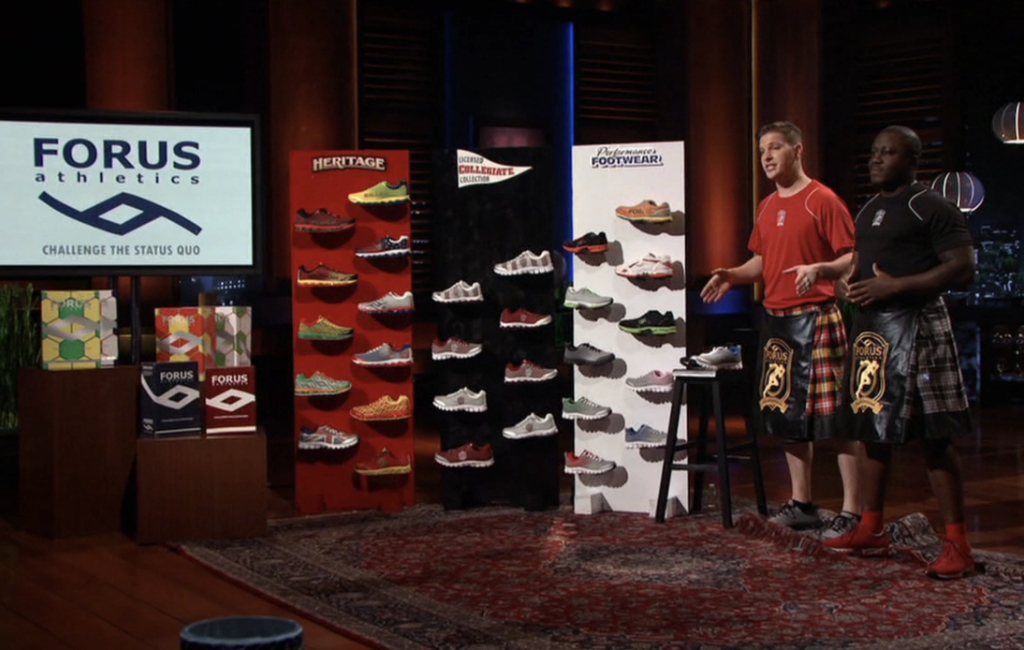
This experience became the driving force behind Forus, pushing Joel and Arsene to design a solution for athletes facing similar challenges. The co-founders set out to create athletic shoes that not only prioritized comfort and shock absorption but also addressed the durability and wear-and-tear issues commonly faced by athletes. Their vision was to design the most shock-absorbent yet lightweight shoes in the market, and this vision materialized into the creation of Forus.
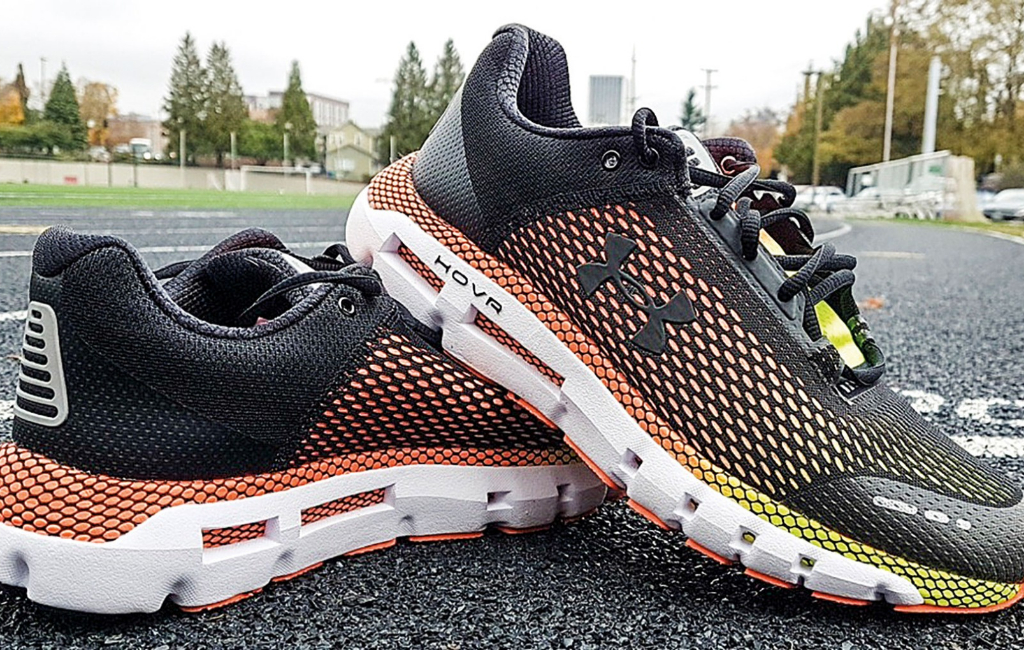
Headquartered in an undisclosed location, the duo leveraged their diverse backgrounds — Joel with a legal education and track-and-field experience, and Arsene with his entrepreneurial spirit — to establish Forus as a contender in the athletic shoe industry. The deep personal connection to the product, combined with Joel’s journey from the challenges of war to the pursuit of athletic excellence, adds a layer of authenticity to the Forus brand. Despite not securing a deal on “Shark Tank,” Joel and Arsene left with a resolute determination to bring their vision of creating exceptional athletic shoes to fruition in the future.
The Product
Forus offers a revolutionary line of athletic shoes designed to deliver unparalleled comfort, shock absorption, and stability for various workouts. The key innovation lies in the construction of the shoes, featuring an unbreakable stability bar that ensures stability during any type of exercise while maintaining a remarkably lightweight design. The shoes’ insoles are crafted with a combination of gel and memory foam, providing a dynamic and personalized fit by adjusting to the wearer’s foot over time.
This thoughtful design addresses the common issue of worn-out shoe inserts experienced by athletes. The shoes are not only functional but also stylish, embodying the spirit of lifestyle and athleticism. Currently sold through e-commerce, Forus has established distribution channels in various countries, including Taiwan, Holland, and Africa, through independent sales agents.
The company’s strategic approach involves a guerrilla marketing attempt, similar to that of successful brands like Under Armour, where the product is distributed to users who then spread the word about its effectiveness. This unique marketing strategy aligns with Forus’ goal of creating a buzz around their high-quality athletic shoes, positioning them as a viable option in the competitive sports footwear market.
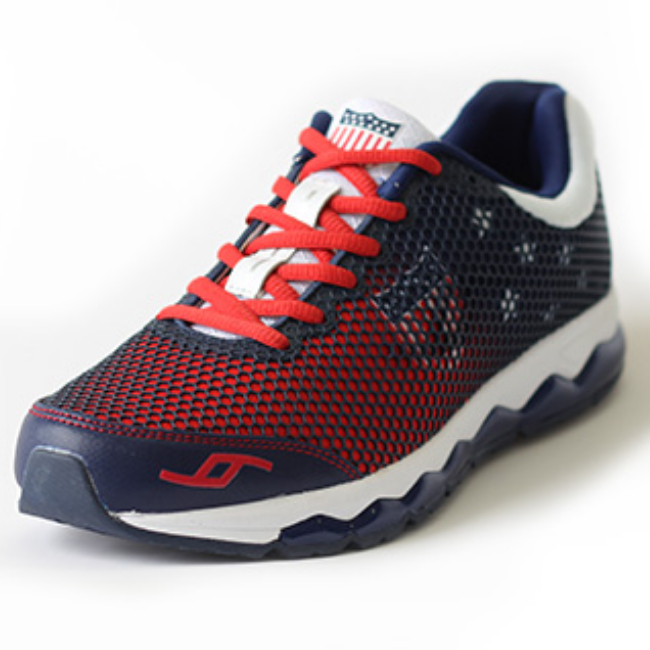
How It Went
The company’s position before Shark Tank
Forus, at the time of their Shark Tank pitch, presented a mixed picture of performance. The company faced challenges meeting the high demand for their athletic shoes, evident from their inventory of $65,000 to $68,000. Despite this challenge, Forus demonstrated a positive trend with all runner stores reordering their products, indicating strong market demand. The company had established partnerships with distributors in various countries, including Taiwan, Holland, and Africa, where independent sales agents represented their brand.

These strategic partnerships showcased Forus’ global ambitions and efforts to reach a diverse customer base. In terms of their customer base, Forus primarily engaged in e-commerce sales, targeting a broader audience. Their guerrilla marketing approach, akin to that of Under Armour, involved distributing the product to users who, in turn, acted as brand ambassadors by spreading positive word-of-mouth. During the pitch, Forus disclosed that the cost to manufacture their shoes ranged from $11 to $13, with wholesale prices set between $35 to $50 and retail prices ranging from $75 to $85.
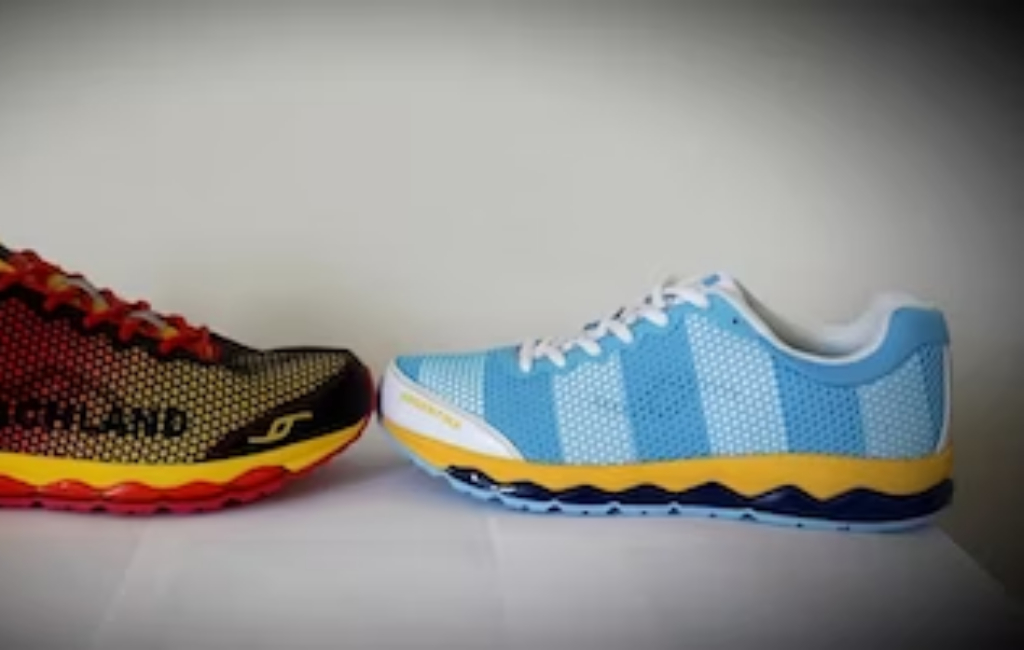
However, the sharks raised concerns about penetrating the highly competitive athletic shoe market dominated by major players like Nike and Adidas. Forus expressed a need for additional investment, seeking $200,000 for 15% equity. The founders did not reveal the current profits and losses or the overall structure of the company. Despite the challenges presented during the pitch, Forus left the tank without securing a deal but conveyed a determination to succeed. The company’s performance hinged on addressing inventory challenges, securing strategic partnerships, and refining their marketing and distribution strategies to compete in the competitive athletic shoe market.
The Negotiations:
The negotiations for Forus on “Shark Tank” began with a confident pitch by Joel Vinocur and Arsene Millogo, seeking $200,000 for a 15% equity stake in their athletic shoe company. However, as the pitch unfolded, concerns arose among the sharks regarding Forus’ ability to compete in the highly competitive athletic shoe market. Mark Cuban, Lori Greiner, and Robert Herjavec were the first to bow out, expressing skepticism about Forus’ chances against major players like Nike and Adidas. Kevin O’Leary also expressed reservations about the company’s strategy for gaining market share.
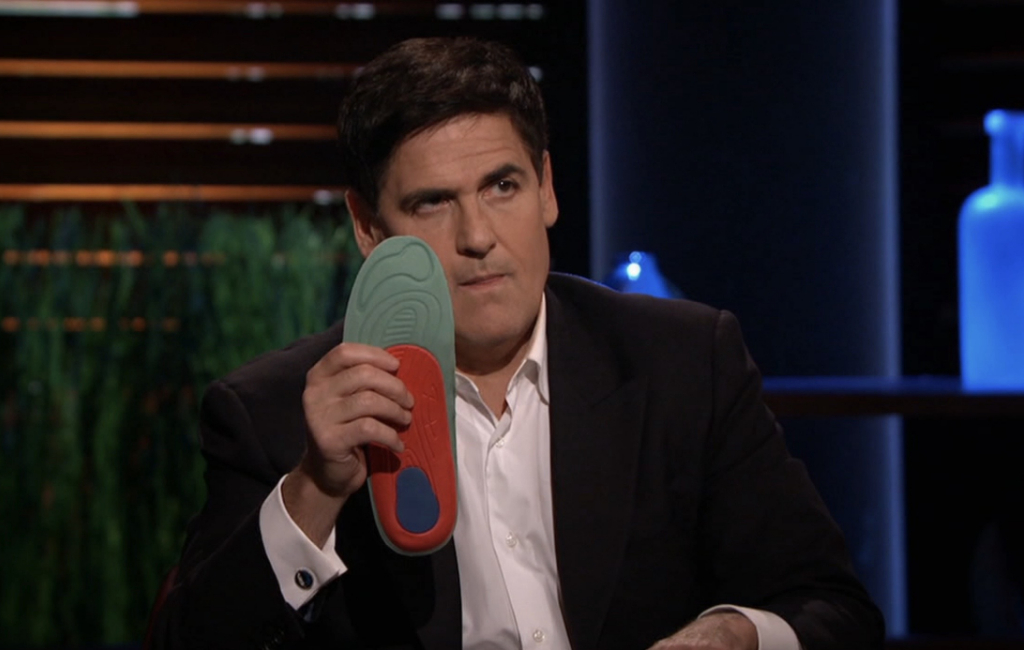
The negotiation took an unexpected turn when Robert Herjavec proposed a deal contingent on Daymond John joining the investment. Robert highlighted the critical importance of inventory control in the athletic shoe industry and emphasized that he couldn’t proceed without someone like Daymond with expertise in this area. This proposed deal involved Robert and Daymond collectively investing, with the equity distribution to be determined. Despite Robert’s persuasive argument, Daymond ultimately declined to join the deal.

This led to a disappointing outcome for Forus, as without Daymond’s involvement, Robert also chose to opt out. The entrepreneurs made a final attempt to salvage the opportunity by proposing a compromise between Robert and Daymond, but the negotiations ended with Forus leaving the tank without a deal. The sharks acknowledged the entrepreneurs’ passion and determination, but concerns about the company’s ability to navigate the challenges of the industry, coupled with the diversified focus on multiple ventures, ultimately led to a challenging negotiation and an unsuccessful pitch on “Shark Tank.”







